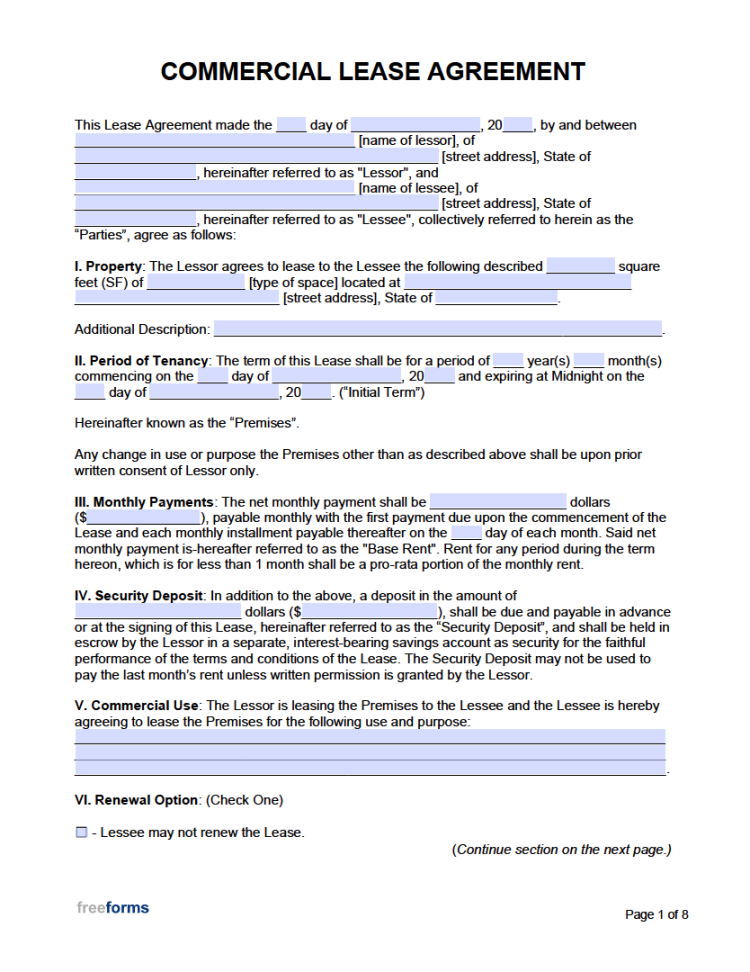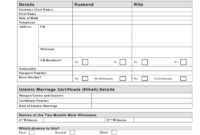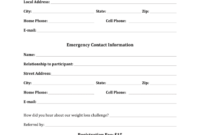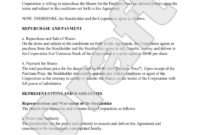A commercial lease agreement is a legally binding document that outlines the terms and conditions under which a tenant rents commercial property from a landlord. It is essential for both parties to have a clear and comprehensive understanding of their rights and obligations. A well-designed free printable commercial lease agreement template can help ensure a smooth and successful lease agreement process.
Key Elements of a Commercial Lease Agreement Template

A commercial lease agreement should include the following key elements:
Parties: The names and addresses of the landlord and tenant.
Design Elements for a Professional Commercial Lease Agreement Template
The design of a commercial lease agreement template is just as important as its content. A well-designed template can convey professionalism and trust, making it more likely to be taken seriously by both parties. Here are some key design elements to consider:
Font: Choose a clear and legible font that is easy to read, such as Arial or Times New Roman.
Creating a Free Printable Commercial Lease Agreement Template with WordPress
WordPress is a popular content management system that can be used to create a variety of documents, including commercial lease agreement templates. Here are the basic steps involved in creating a template:
1. Choose a WordPress Theme: Select a WordPress theme that is professional and easy to customize.
2. Create a New Page: Create a new page on your WordPress site and give it a title, such as “Commercial Lease Agreement Template.”
3. Add Content: Add the content of your commercial lease agreement template to the page. You can use the WordPress editor or a page builder plugin to format the content.
4. Customize the Design: Customize the design of the template by adjusting the font, font size, line spacing, margins, headers, footers, section headings, numbering, formatting, and white space.
5. Download the Template: Once you are satisfied with the design of the template, you can download it as a PDF or Word document.
By following these guidelines, you can create a professional and effective free printable commercial lease agreement template that meets the needs of both landlords and tenants.


